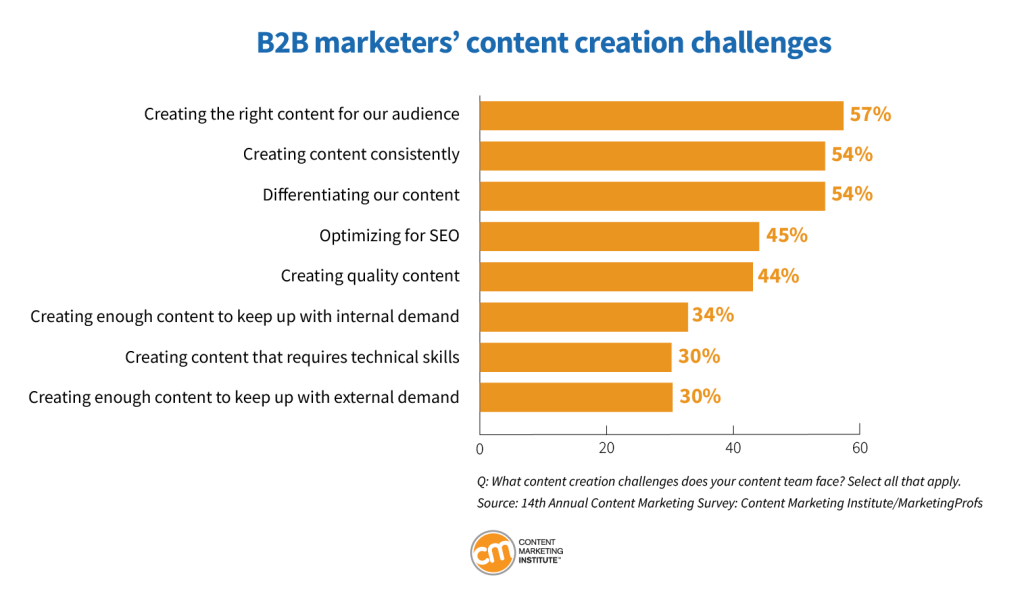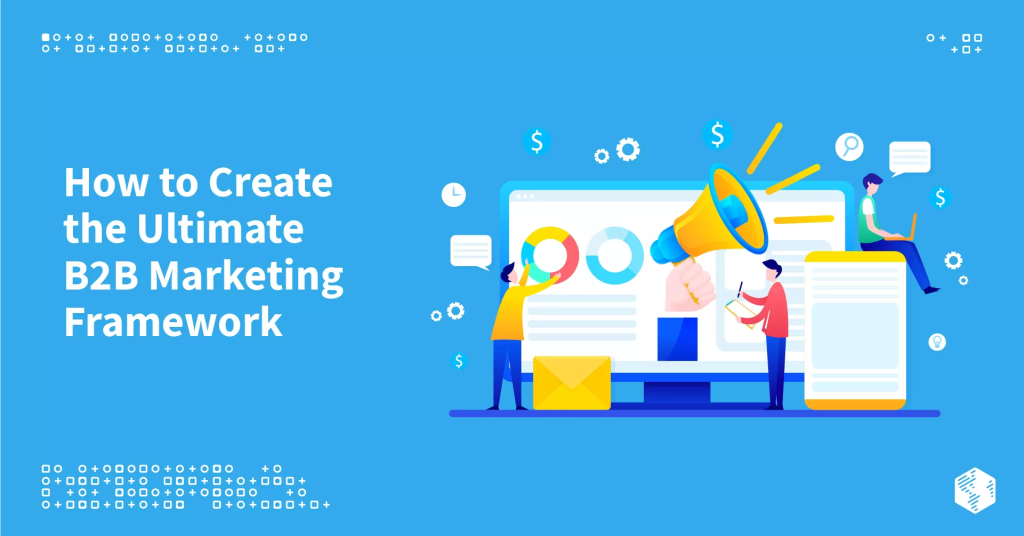Photo by
on
In today’s fast-paced and ever-evolving world of marketing, staying ahead of the competition requires strategic planning and a keen understanding of the latest trends and technologies. As we approach 2024, it is crucial for B2B marketers to anticipate the future landscape and develop strategies that will ensure their success. In this article, we will explore six key strategies that will help future-proof your B2B marketing efforts. Let’s explore Future-Proofing B2B Marketing: Key Strategies For 2024 Planning Success.
1. Embracing AI-Driven Personalization
Personalization has long been a cornerstone of effective marketing, but the lack of internal bandwidth often limits its potential. However, artificial intelligence (AI) offers a solution to this problem. By leveraging AI algorithms to analyze vast datasets, marketers can curate personalized experiences that resonate with their target audience. This tailored content delivery not only enhances the client experience but also increases the likelihood of conversion. In fact, companies that use AI to personalize their marketing campaigns have achieved an average revenue increase of 5% to 15%. Additionally, AI-powered personalization has been shown to help reduce churn by up to 40%, leading to greater loyalty and retention.
To successfully implement AI-driven personalization, marketers need to invest in the right technology and ensure that their messaging and content align with the specific needs and preferences of their audience. By utilizing AI, marketers can forge deeper connections with prospects and customers, ultimately driving better results.
2. Harnessing the Power of Influencer Marketing
Influencer marketing has emerged as a powerful tool for B2B marketers to build trust and establish genuine brand connections. However, it is crucial to approach influencer marketing with authenticity and transparency. Instead of relying solely on paid influencers, marketers should focus on finding individuals who are genuinely passionate about their product or service and have a large, enthusiastic following. These influencers can help brands break into niche markets and add a human touch by associating a real face and voice with their offerings.
When industry experts endorse products or services, it signals to potential clients that the offerings are reliable and of high quality. By leveraging the power of influencer marketing, B2B marketers can enhance brand visibility and establish strong connections with their target audience.
3. Optimizing Video Marketing

In a world saturated with text-based content, video marketing has become a powerful tool for B2B marketers to engage prospects and customers. The average person now watches 17 hours of online video per week, making it an ideal medium to capture their attention. To succeed in video marketing, it is essential to optimize content for mobile devices, as 75% of people watch short-form video content on their phones. By creating mobile-friendly videos, marketers can reach a wider audience and ensure accessibility in today’s fast-paced business environment.
Furthermore, social media platforms continue to be hubs for content consumption. Integrating video marketing into your social media strategy is imperative for increasing brand visibility, driving engagement, and reaching decision-makers where they actively engage. By incorporating video content in your marketing efforts, you can differentiate your brand and leave a lasting impression on your target audience.
4. Embracing the Rise of Voice Search
The rise of voice-enabled technologies, such as Siri and Alexa, has changed the way consumers search for information. This shift is also evident in the B2B space, as 50% of buyers currently conduct their B2B searches through voice assistants. In the next year, 78% of buyers indicate that they are likely to use voice search to make a purchase. As a result, B2B marketers must adapt to this changing landscape and optimize their content for voice search.
When creating content for voice search, it is essential to understand the importance of natural language. Users tend to phrase voice queries conversationally, rather than typing in keywords. Therefore, marketers should focus on creating content that mirrors natural speech patterns. By aligning your content with the way people search through voice assistants, you can increase your chances of being discovered by potential buyers.
5. Prioritizing Inclusivity and Diversity
Inclusivity and diversity are no longer optional in B2B marketing; they are imperative. Companies that embrace these values outperform their peers by 35% in financial performance. In 2024, B2B marketers should make a concerted effort to ensure that their visual content and messaging reflect a diverse range of cultures, genders, and backgrounds. By doing so, marketers can build authentic connections and resonate with a broader audience.
In addition to visual representation, marketers should also prioritize accessibility for individuals with disabilities. This includes providing alternative text for images, captioning videos, and designing websites that are compatible with screen readers. By ensuring that all content and marketing materials are accessible, marketers can demonstrate their commitment to inclusivity and reach a wider audience.
6. Enabling Self-Service Buyers

In today’s interconnected world, B2B buyers prefer self-service options that allow them to independently research and make purchasing decisions. In fact, 75% of B2B buyers prefer to buy online without interacting with a salesperson. By offering self-service options, marketers can empower buyers and provide them with the information they need to make informed decisions.
Self-service platforms often include extensive knowledge bases, FAQs, tutorials, and other resources that guide buyers through the purchasing process. By providing these resources, B2B marketers can free up their sales teams from routine tasks and enable them to focus on building relationships and providing strategic guidance. By embracing self-service options, marketers can meet the needs of modern buyers and enhance their overall experience.
In conclusion, future-proofing your B2B marketing efforts requires a proactive approach and a deep understanding of emerging trends and technologies. By embracing AI-driven personalization, harnessing the power of influencer marketing, optimizing video content, embracing voice search, prioritizing inclusivity and diversity, and enabling self-service options, you can position your brand for success in 2024 and beyond. Stay ahead of the competition by adopting these key strategies and adapting to the ever-evolving marketing landscape.

